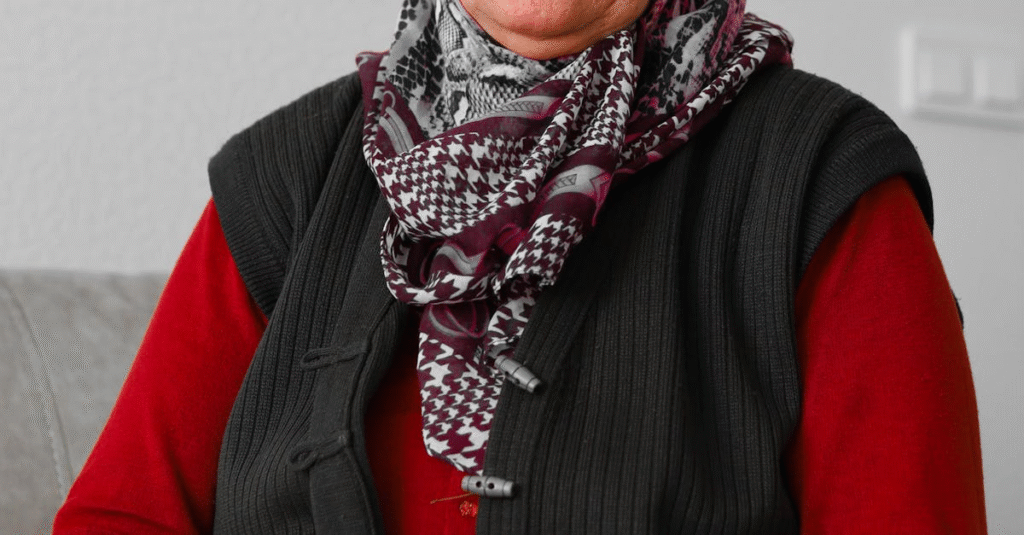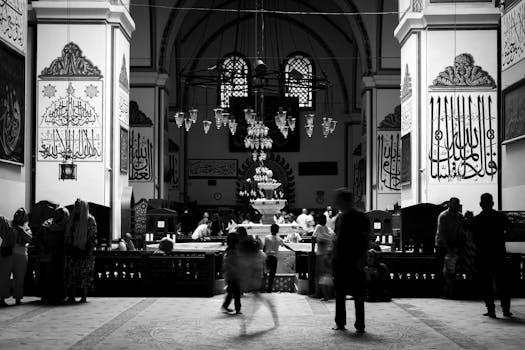
The Empowered Women: Understanding the Role of Women in Islam
Introduction:
Women have always played a significant role in Islam, despite the misconceptions and stereotypes that often surround their status in the religion. It is important to understand the true teachings of Islam regarding women and their rights, responsibilities, and contributions to society. In this blog post, we will explore the role of women in Islam and shed light on the empowerment and respect that the religion advocates for women.
Section 1: Women in the Quran
The Quran, the holy book of Islam, emphasizes the importance of women and their rights. Women are considered equal to men in the eyes of Allah and are granted the same spiritual rewards and responsibilities. The Quran also highlights the importance of treating women with respect, kindness, and compassion.
Section 2: Women in Islamic History
Throughout Islamic history, women have played crucial roles as scholars, leaders, and educators. Women like Aisha, the wife of Prophet Muhammad, and Khadijah, his first wife, are revered for their intelligence, wisdom, and contributions to the early Muslim community. These women serve as role models for Muslim women around the world.
Section 3: Women’s Rights in Islam
Contrary to popular belief, Islam grants women a number of rights, including the right to education, work, inheritance, and the right to choose their own spouse. Islam also prohibits the mistreatment and abuse of women, emphasizing the importance of treating women with dignity and respect.
Section 4: Modesty and Hijab
One of the most misunderstood aspects of Islam is the concept of modesty and the wearing of the hijab. The hijab is not a symbol of oppression, but rather a symbol of modesty, dignity, and self-respect. Muslim women choose to wear the hijab as a way to express their faith and identity.
Section 5: Women in Leadership
Islam encourages women to take on leadership roles in society, whether it be in the home, the workplace, or the community. Women have the right to pursue education, work, and leadership positions, and are encouraged to contribute to society in meaningful ways.
Section 6: Women’s Role in the Family
In Islam, women are considered the backbone of the family and are responsible for nurturing and raising the next generation. Women are respected and honored for their roles as mothers, wives, and caretakers, and are encouraged to maintain strong family ties and relationships.
Section 7: Women’s Education
Education is highly valued in Islam, and women are encouraged to seek knowledge and pursue higher education. The Prophet Muhammad himself emphasized the importance of education for both men and women, and many Muslim women have excelled in various fields of study and academia.
Section 8: Empowering Women in Islam
Islam empowers women by granting them rights, responsibilities, and opportunities to thrive and succeed in all aspects of life. Muslim women are encouraged to be independent, confident, and self-sufficient, and are supported in their pursuit of personal and professional goals.
Section 9: Conclusion
In conclusion, the role of women in Islam is one of empowerment, respect, and equality. Islam values women as individuals with rights, responsibilities, and contributions to make to society. It is important to dispel the myths and misconceptions surrounding women in Islam and to recognize the true teachings of the religion regarding women’s rights and status.
Slug: role-of-women-in-islam
Meta Description: Explore the empowering role of women in Islam and learn about their rights, responsibilities, and contributions to society in this insightful blog post. Discover the true teachings of Islam regarding women and their status in the religion.


